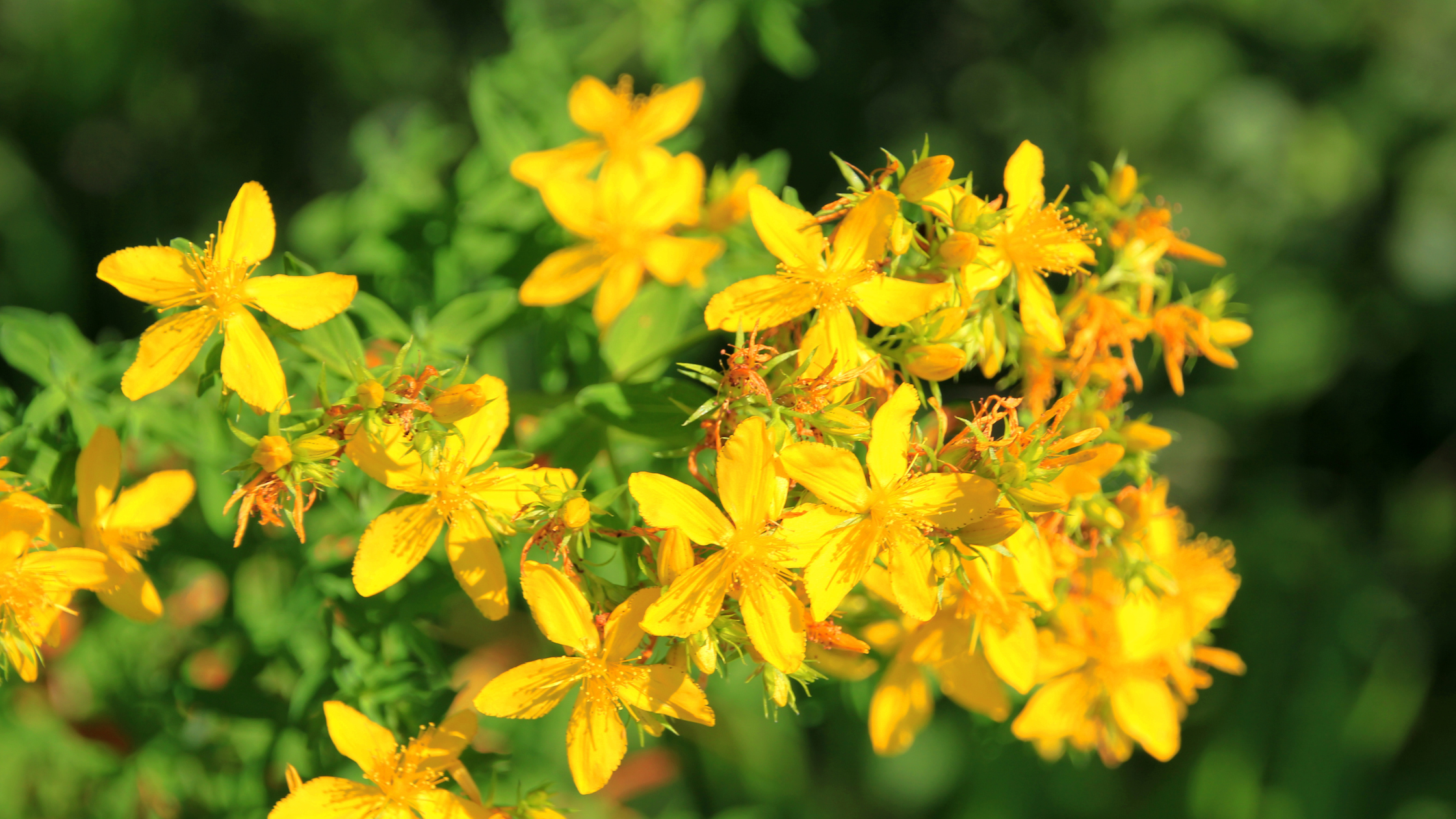
Plants are incredibly complex organisms, containing hundreds or even thousands of interacting compounds. Herbs have long been allies to our bodies, supporting various areas of health, healing, balance, and detoxification. For centuries, they have been used as medicinal tools to help individuals manage ailments. Multiple studies document how herbs benefit the human body and brain, offering support to various systems, including the digestive, endocrine, immune, neurological, and musculoskeletal systems.
Each herb can contain hundreds of nutrients and compounds. These include carbohydrates, lipids, chlorophyll, enzymes, and other proteins, as well as a range of secondary metabolites, which are often the more active constituents. Secondary metabolites such as alkaloids, glucosinolates, essential oils, tannins, phenols, and flavonoids play roles in plant defense, protection from harmful sun rays, and reproduction. These compounds also have varied effects on the human body.
Depression has become a growing epidemic. Many people seek alternatives to traditional medications to treat their depression, aiming to avoid common side effects of antidepressants, such as weight gain and sexual dysfunction. A number of herbs, including ginkgo biloba, lion’s mane mushroom, and saffron, have shown promise in addressing depression. One herb that has garnered significant attention is St. John’s wort. But does it truly help with depression, or is this just an old wives’ tale?
The Role of St. John’s Wort in Depression
St. John’s wort is known for its anti-inflammatory properties, and inflammation has been identified as a contributing factor to depression. According to the National Center for Complementary and Integrative Health (NCCIH), St. John’s wort has been recognized as a treatment for mild to moderate depression but is not effective for severe depression. It has also been noted to help with conditions such as seasonal affective disorder (SAD), anxiety, apathy, sleep disturbances, anorexia, and feelings of worthlessness.
Natalie Fraize, a licensed professional counselor and mental health expert, explains, “While in the United States, St. John’s wort is sold as a supplement, in Europe, it is still prescribed to treat depression.”
How Does St. John’s Wort Work?
St. John’s wort not only provides anti-inflammatory benefits but also inhibits the reuptake of neurotransmitters such as serotonin, norepinephrine, and dopamine. By making these neurotransmitters more available to the brain, it helps improve mood.
What Does the Research Say?
- A 2016 review of 35 studies concluded that St. John’s wort reduces symptoms of mild to moderate depression more effectively than a placebo and is comparable to prescription antidepressants (1).
- A 2017 analysis of 27 studies found that St. John’s wort had similar effects on mild to moderate depression as antidepressants, with fewer side effects. Fewer participants stopped taking St. John’s wort compared to those who discontinued antidepressants (2).
- A 2008 review of 29 international studies suggested that “St. John’s wort may be better than a placebo and as effective as standard prescription antidepressants for major depression of mild to moderate severity(3).”
Recommended Dosage
300–1200 mg daily, typically taken in divided doses (e.g., 300 mg three times daily or 600 mg twice daily).
Side Effects
Research shows that St. John’s wort has significantly fewer side effects than antidepressant drugs. It is associated with higher compliance and is more cost-effective. Possible side effects include:
- Stomach upset
- Fatigue
- Itching
- Sleep disturbances
- Skin rash
- Increased sensitivity to sunlight
Warnings
St. John’s wort stimulates a drug-metabolizing enzyme called cytochrome P450, which affects the metabolism of various medications (e.g., antidepressants, anti-anxiety drugs, oral contraceptives, and anti-seizure medications). It can clear medications faster from the body, reducing their effectiveness.
It is essential to consult a healthcare professional before taking St. John’s wort, especially if you are on other medications.
Summary
St. John’s wort is one of many natural alternatives for addressing depression. Other herbs, such as ginkgo biloba, saffron, and lion’s mane mushroom, have also shown promise. If you’re interested in evidence-based nutrition and lifestyle strategies to prevent, address, and manage depression for yourself, a loved one, or a client, consider exploring Reclaim Your Happiness, an online program offering practical, user-friendly strategies and recommendations. Knowledge is power—knowing what to do and how to do it can help you achieve and reclaim your happiness.
References





